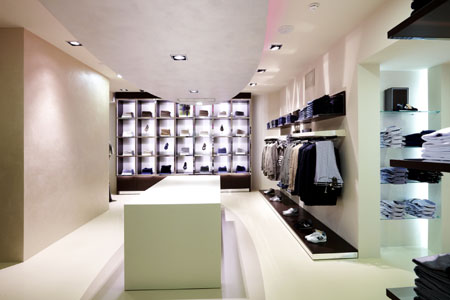When you need to pick out the type of wood to go into the wooden works of your store, you might end up in a pinch because you do not know how to pick them. If you are not familiar with how wood is, how it ages and what rain and other weather patterns usually does for wooden items, then this article would be helpful to you. There are different characteristics of wood that you need to be aware of before purchasing lumber for the floors, ceilings, shelves and counters in your store. Softwood
Softwood
Wood from the species of plants that are in the softwood category is usually coniferous evergreen trees. These are much more pliant when being handled and crafts are easily made out of these. They do not hold weight as well as hardwood does, but are the better when it comes to display wood. Western red cedar with its aromatic, attractive look and weather resistance that comes naturally is a great pick. Then you have white pine wood which stains blotch and have a natural finish so you do not need to spend large amounts on varnishing and all. Then you have redwood which is very attractive and is also weather resistant in its makeup. Spruce is cheaper of the softwoods and is easy to paint and repaint. Douglas fir wood is the studier of softwoods and the more firm. Northern white cedar is also a naturally weather resistant wood in its makeup and it is light, thus easily manageable when using it in your retail shop fitting.
Knots on lumber
You might have seen those eye-like formations on wood. These are called knots and are the leftover scars from when the branches of the tree fall out. Knots are usually considered great for wood related art. But when it comes to construction, knots weaken the wood strength and make the wood warp. Knots are considered defects in lumber business and the structural value of wood with knots are lower than regular wood prices. According to the form, size and the firmness of the knots in a wood plank the grading of the wood would be lower. However if you need a cheap retail shop fitting Perth job done, then go for one where the knots are present but not in large numbers.
Hardwood is much more expensive than softwood and the form they come in will change the pricings s well. But usually red oak, walnut, yellow poplar, cherry, Philippine mahogany and white ash are considered the best for wood based products and woodwork.